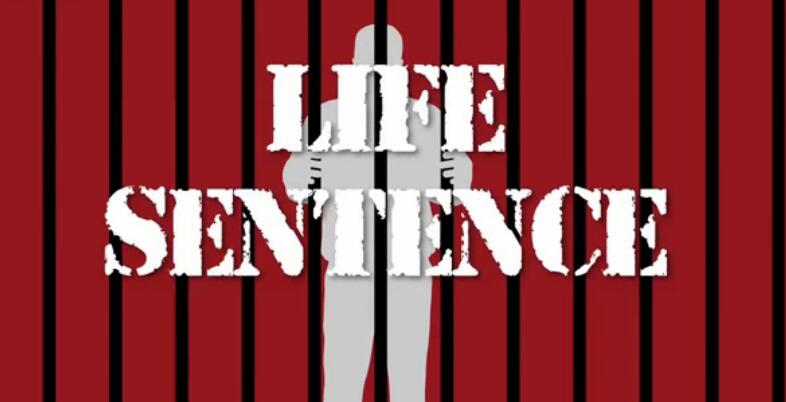What If the Death Penalty Disappeared in the U.S.?
What would happen if the death penalty just disappeared in the U.S.? The government could continue executions of the roughly 3,000 inmates currently sentenced to death, or retroactively sentence them to life without parole instead. From a financial standpoint, this would make a lot of sense. Death row inmates require stricter security that costs more money. And since prisoners can remain on death row for decades, that adds up. States would also save money on prosecutions. Death penalty cases can cost up to 10 times more than others. So, it's cheaper.
But shouldn't serious criminals pay the ultimate price? Perhaps. But since 1973, more than 150 people on death row were eventually found innocent. Prisoners wait years, even decades, for execution, not knowing when or if it will come. And recently, changes in drugs used for lethal injection have resulted in gruesomely botched executions. Some prisoners have chosen not to appeal their cases to shorten the time they have to spend on death row.

But doesn't the death penalty deter crime? Actually, murder rates in states without the death penalty have remained lower than states which have it. The death penalty is also disproportionately applied to minority offenders. So, no death penalty might mean a little more equality in the justice system, a lot of money saved, and more time for prosecutors to try other cases.












